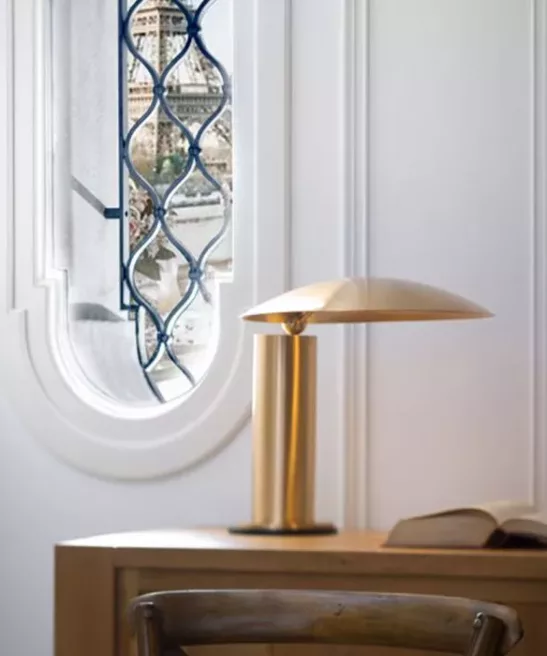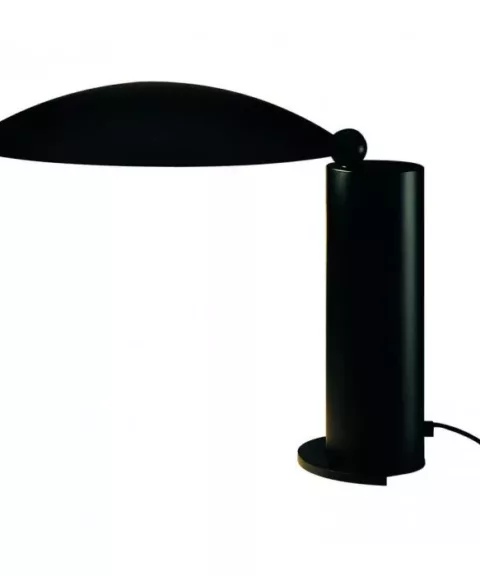Museographic developments at the Louvre Museum (1987-2006) and the Rijksmuseum in Amsterdam (2013), Allianz Arena Stadium in Nice (2013), the London headquarters of Google (2015), Ferrari Sports Management Centre in Maranello, Italy (2015 and 2018), the Russian Orthodox Spiritual and Cultural Centre in Paris (2016), the Grand Moscow master plan (2012) and soon the Paris Saint-Germain Training Centre in Poissy, the Gare d’Austerlitz in Paris, the American Hospital in Neuilly, the Reims Arena, the ArcelorMittal headquarters in Luxembourg City, or even the UN headquarters in Senegal…
Projects of all scales, from a door handle to the design of master plans, and a particular affection for the layout of cultural and museum spaces, as well as rehabilitation and reconversion projects, such as that of the former royal hospital of Versailles into housing, cultural space and shops (2015), the Halle Freyssinet in Station F, the largest start-up campus in the world (2017), the Collège des Bernardins (2008), the Hotel Lutetia (2018), or the Hôtel de l’Artillerie on the Sciences Po campus in Paris (in progress).
More recently, he delivered the ephemeral Grand Palais (2021) with a wooden frame and the Russian Orthodox church with five golden domes in Paris. Coming soon, the future UN headquarters in Dakar and Centre Pompidou Seoul.
But this academic of Fine Arts, who now manages 270 employees, graduated in 1973 from École Camondo in Paris, began his career as a designer. Furniture, objects and lighting have marked his creative journey.
Committed to both the preservation of architectural heritage and resolutely looking to the future, Jean-Michel Wilmotte and his teams build, transform and stage using both natural materials and craftsmanship and composite materials and advanced techniques.
An approach and know-how that they also share with future architects, in particular through the Wilmotte Foundation created in 2005 and the W prize, a European competition on the conversion of old buildings according to the concept of contemporary grafting, which the author of the dictionary lovers of architecture has been developing for more than thirty years.
Recognised by numerous international awards, Wilmotte & Associés notably received the Europa Nostra Award in 2010, the European Union Prize for Cultural Heritage, “conservation” category, for the rehabilitation of the Collège des Bernardins in Paris, the International Architecture Award in 2014 for the construction of the Allianz Riviera Stadium in Nice (France), the Best European Museum Award in 2015 for the renovation of the Rijksmuseum (Netherlands, Amsterdam), the Architizer A+ award in 2018, “co-working” category, for the creation of the Station F start-up campus (France, Paris), and the 2019 Versailles Award for Europe, “hotel” category, for the rehabilitation of the Hôtel Lutetia (France, Paris).
An international recognition reinforced in 2010 by the entry of W&A in the ranking of the 100 largest architectural firms in the world (60th in 2020), according to the study carried out by the English magazine Building Design.


Furniture is immediate satisfaction. It is also a true laboratory of ideas for architecture.
A tribute to the work of Jean-Michel WILMOTTE materialized through the exhibition of his collection of “Anatole” office furniture, created for the brand KOLEKSIYON.
Jean-Michel WILMOTTE, in association with KOLEKSIYON, has imagined a complete collection of office furniture, offering unique products intended to shake up preconceived ideas and open up new ways of thinking about workspaces.
Workplace culture and spaces are changing. Well-being of employees, flexibility of use and collaborative work have become the keywords of the modern concept of work. To support this change in culture, workspaces must constantly reinvent themselves.
Anatole desk, Anatole sofa or Anatole flex walls: The Anatole office furniture collection offers a range of options for companies to freely modulate their workspaces.
In this collection we easily find elements of collaborative service spaces or private areas, created in an amalgam of harmony which are also connected by mobile elements: coffee table, panels and lanterns as well as two new types of storage: a wardrobe and a shelf that complete the Anatole collection.
“The ANATOLE collection makes it possible, around a great diversity of elements, materials and colours, to create a personalised, agile and efficient work environment, which promotes interaction and serendipity. By combining our experience and know-how, we have succeeded, with KOLEKSIYON, in developing this premium collection in just one year and initiating a very promising development dynamic”, points out Jean-Michel WILMOTTE, urban architect and designer.
